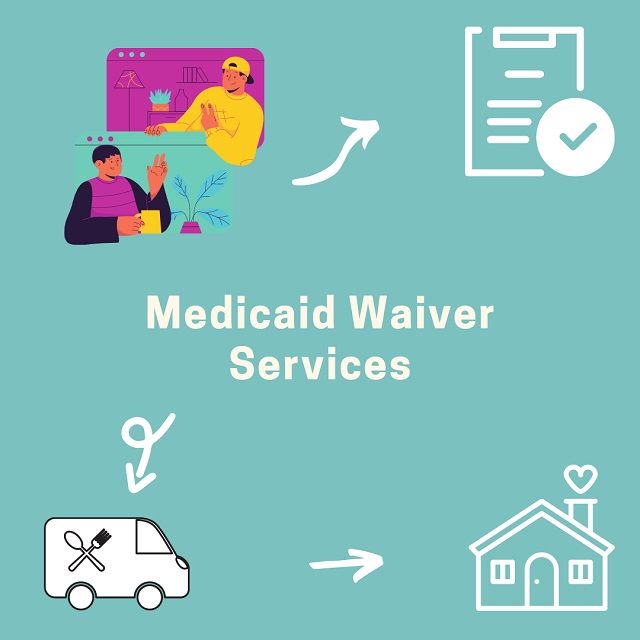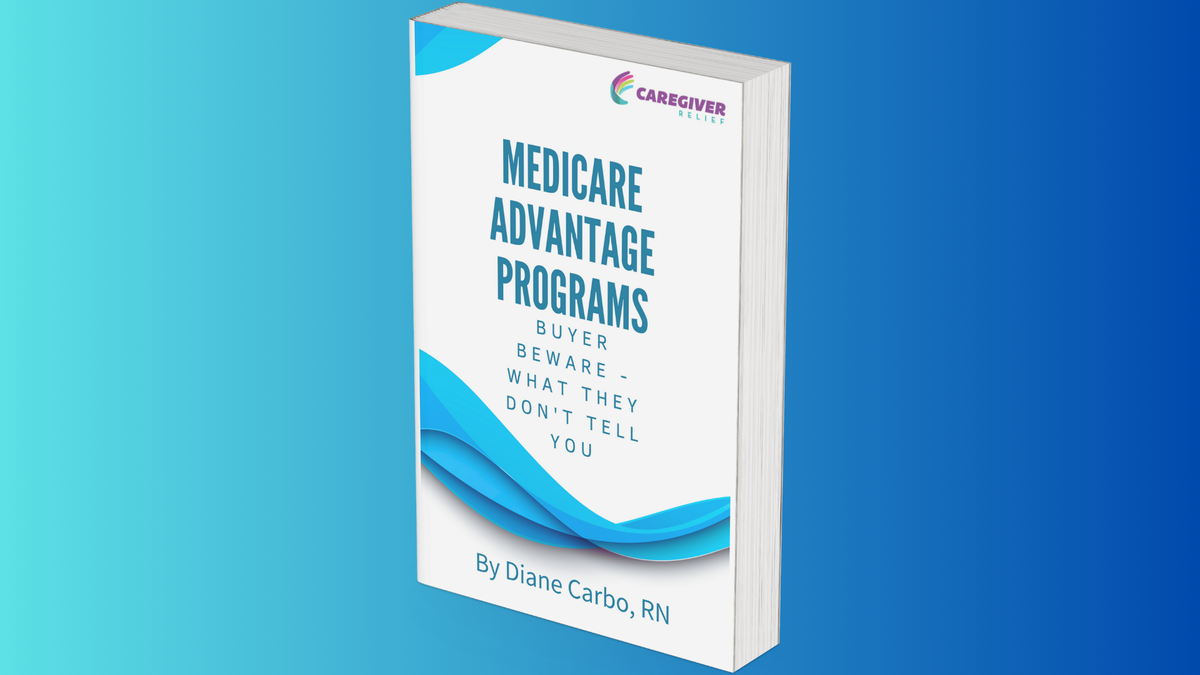Big Changes in Your Medicare Plan for 2025: What Enrollees Need to Know
In 2025, Medicare PLAN Changes will undergo significant changes. These updates include new coverage options, cost adjustments, and enhanced benefits. It's essential for enrollees to understand these changes to make informed healthcare decisions.

What’s New in Medicare Parts A, B, C, D for 2025?
The year 2025 ushers in significant updates to Medicare, impacting over 65 million enrollees. These changes aim to expand care and enhance affordability, especially in prescription drug coverage, following the landmark drug law of 2022. However, enrollees will also encounter adjustments in premiums and deductibles across Medicare Parts A, B, C, and D. Each Medicare plan is federally approved but can vary in costs and coverage depending on the provider. Staying informed through official government organizations and secure websites like Medicare.gov is essential for navigating these changes.
Let’s explore the specific changes in premiums and out-of-pocket expenses for each Medicare part anticipated for 2025.

Medicare Part A (Hospital Insurance) Changes for 2025
- Premiums: Most enrollees qualify for premium-free Part A through their work history, as Medicare is designed to support individuals who have contributed to the system via payroll taxes. For those who don’t qualify for premium-free Part A, the monthly premium for 2025 is projected to be $510, reflecting a modest increase from previous years. This increase underscores the importance of understanding the costs associated with hospital insurance and exploring potential financial assistance options through Medicare health plans or other programs offered by the United States government.
- Deductibles: The Part A deductible for each hospital stay will rise to $1,680, up by $48 from 2024. This deductible covers a beneficiary’s share of costs for the first 60 days of inpatient hospital care in a benefit period. The increase highlights the need for beneficiaries to plan for higher hospital-related costs and to review their current coverage options. For those with Medicare Advantage plans, this may also affect how out-of-pocket costs are managed under their specific health plans. Beneficiaries should ensure they are safely connected to official websites and consult gov websites for secure and updated information about these changes. Planning ahead can help mitigate unexpected expenses and provide peace of mind for both beneficiaries and their families.
Medicare Part B (Medical Insurance) Adjustments for 2025
- Premiums: The standard monthly Part B premium will increase to $179.50, up $4.80 from 2024. This amount is typically deducted from Social Security benefits. The expected cost-of-living adjustment (COLA) in Social Security payments may offset this rise for many beneficiaries.
- Deductibles: The annual deductible for Part B is set to increase to $250, up from $240 in 2024. Beneficiaries must budget for these incremental changes in their medical insurance costs.
Copays, Deductibles, and Out-of-Pocket Expenses in

Medicare Part C (Medicare Advantage) Updates for 2025
- Premiums and Out-of-Pocket Expenses: Medicare Advantage plans, administered by private companies, will see variations in premiums and out-of-pocket costs depending on the specific plan and location. Beneficiaries should review their individual plans for details through official websites.
- New Benefits and Rules: Many MA plans may introduce expanded benefits, including enhanced behavioral health services, preventive services, and adjustments to out-of-pocket limits or copayments. Beneficiaries are encouraged to explore their options for comprehensive care for the elderly under these health plans.
Medicare Part D (Prescription Drug Coverage) Changes for 2025
- Catastrophic Cap: A pivotal change is the implementation of a $2,000 annual out-of-pocket cap for Part D spending. Once beneficiaries reach this threshold, they will no longer incur additional out-of-pocket costs for medications. This enhancement is aimed at making prescription drug coverage more affordable.
- Extra Help Program Expansion: The Extra Help program, designed to assist with prescription drug costs, will extend eligibility, allowing more low-income beneficiaries to qualify. This represents a major step forward in reducing health drug plan expenses for vulnerable populations.
Medicare Advantage (MA) Plans: A Rising Trend
Medicare Advantage plans continue to grow in popularity, with over half of Medicare beneficiaries opting for this alternative to Original Medicare. Key updates for 2025 include:
- Behavioral Health Coverage: Expanded mental health services, critical for addressing the aging population’s needs, including dementia-related challenges.
- Standardized Broker Commissions: Ensuring brokers provide unbiased plan recommendations based on beneficiaries’ needs by standardizing commission structures. This aims to create a more equitable marketplace for health plans.
- Midyear Benefit Notifications: Enhancing transparency by informing enrollees about unused benefits, helping them maximize their Medicare health plan options.
Cost Sharing in Medicare Advantage Plans
- Copays: Fixed amounts for specific services, such as $20 for doctor visits or $10 for generic drugs. These costs vary across Medicare health plans.
- Deductibles: Amounts beneficiaries pay out-of-pocket before coverage begins, which differ based on the plan and provider.
Out-of-Pocket Maximums: For 2025, MA plans may set a Maximum Out-of-Pocket (MOOP) limit as high as $9,200. This cap offers financial protection, but beneficiaries must stay safely connected to their plan details to understand their potential expenses.
Patient Navigation and Care Coordination in Original Medicare
The Centers for Medicare & Medicaid Services (CMS) are enhancing care coordination through:
- Reimbursing Providers for Patient Navigation Assistance: Supporting providers who help patients manage complex healthcare needs, including hospital insurance and sensitive information.
- Paying Providers to Train Family Caregivers: Equipping caregivers with the skills to manage medications, recognize symptoms, and use medical equipment effectively. This program emphasizes comprehensive care for the elderly.
Medicare Part D: Savings and Expanded Access
The new $2,000 out-of-pocket cap and broader eligibility for the Extra Help program aim to provide significant financial relief. Additionally, the catastrophic cap ensures no further out-of-pocket costs for medications beyond the set limit, a notable improvement in drug coverage policies.
Medicare as an Accountable Care Organization (ACO)
By 2030, Medicare aims to transition all beneficiaries into ACOs or Medicare Advantage plans. ACOs focus on:
- Enhanced Care Coordination: Ensuring seamless transitions between providers to improve Medicare coverage.
- Cost Savings: Streamlining services and reducing redundancies, minimizing Medicare costs.
- Quality Metrics: Prioritizing patient outcomes over the volume of services provided. Beneficiaries can expect better managed and preventive services through these programs.
Navigating Your Medicare Options
Understanding the changes in Medicare Parts A, B, C, and D for 2025 is crucial for making informed healthcare decisions. Stay connected with official government websites, such as Medicare.gov, to ensure you access accurate and secure information when reviewing your health plans. Look for the locked padlock symbol on gov websites to verify they are secure. Evaluate your health needs and financial situation carefully to choose the coverage that best suits you. The U.S. flag often displayed on official websites signifies federal government resources you can trust for sensitive information and Medicare plan details.

More on Medicare Plan...
Understanding Medicare
Medicare is a federal health insurance program in the United States, managed by the Centers for Medicare and Medicaid Services (CMS), an official government organization. It provides health coverage to people 65 or older, certain younger people with disabilities, and individuals with End-Stage Renal Disease (permanent kidney failure requiring dialysis or a transplant). Medicare is divided into several parts, each covering different aspects of healthcare. Understanding these parts is crucial for making informed decisions about your healthcare needs.
Medicare Advantage Plans
Medicare Advantage Plans, also known as Medicare Part C, offer an alternative to Original Medicare. These plans are provided by private companies approved by the federal government and include all the benefits of Parts A and B. Often, they also offer additional benefits such as dental, vision, and hearing coverage. Many Medicare Advantage Plans include prescription drug coverage, known as Part D, making them a comprehensive option for many beneficiaries. When choosing a Medicare Advantage Plan, it’s essential to consider factors such as cost, coverage, and the provider network to ensure it meets your healthcare needs.
Medicare Health Plans and Enrollment
Medicare health plans, including Medicare Advantage Plans, are designed to provide comprehensive coverage for individuals. To enroll in a Medicare health plan, you must first be enrolled in Medicare Parts A and B. You can enroll during your Initial Enrollment Period, which is the seven-month period surrounding your 65th birthday, or during the Annual Election Period, typically from October 15 to December 7. Carefully reviewing the plan’s benefits, costs, and provider network is crucial before making a decision. This ensures you select a plan that aligns with your healthcare needs and financial situation.
Cost and Coverage Changes
Medicare costs and coverage can change from year to year. For instance, the monthly premium for Medicare Part B is based on your income level, and Medicare Advantage Plans and Part D plans may have varying costs and coverage. It’s essential to review your plan’s benefits and costs annually to ensure you have the coverage that best suits your needs. You can visit the official government website, Medicare.gov, to compare plans and get the most up-to-date information. Staying informed about these changes helps you make the best decisions for your healthcare.
Next Steps
If you’re new to Medicare, it’s essential to take the next steps to ensure you have the coverage you need. Start by visiting the official Medicare website, Medicare.gov, to learn more about the different parts of Medicare and the various health plans available. You can also contact your local Social Security office or a licensed insurance agent for personalized guidance. Remember to carefully review the plan’s benefits, costs, and provider network before making a decision. By taking the time to understand your options, you can make informed decisions about your healthcare coverage and ensure you have the protection you need.
More articles for you...















